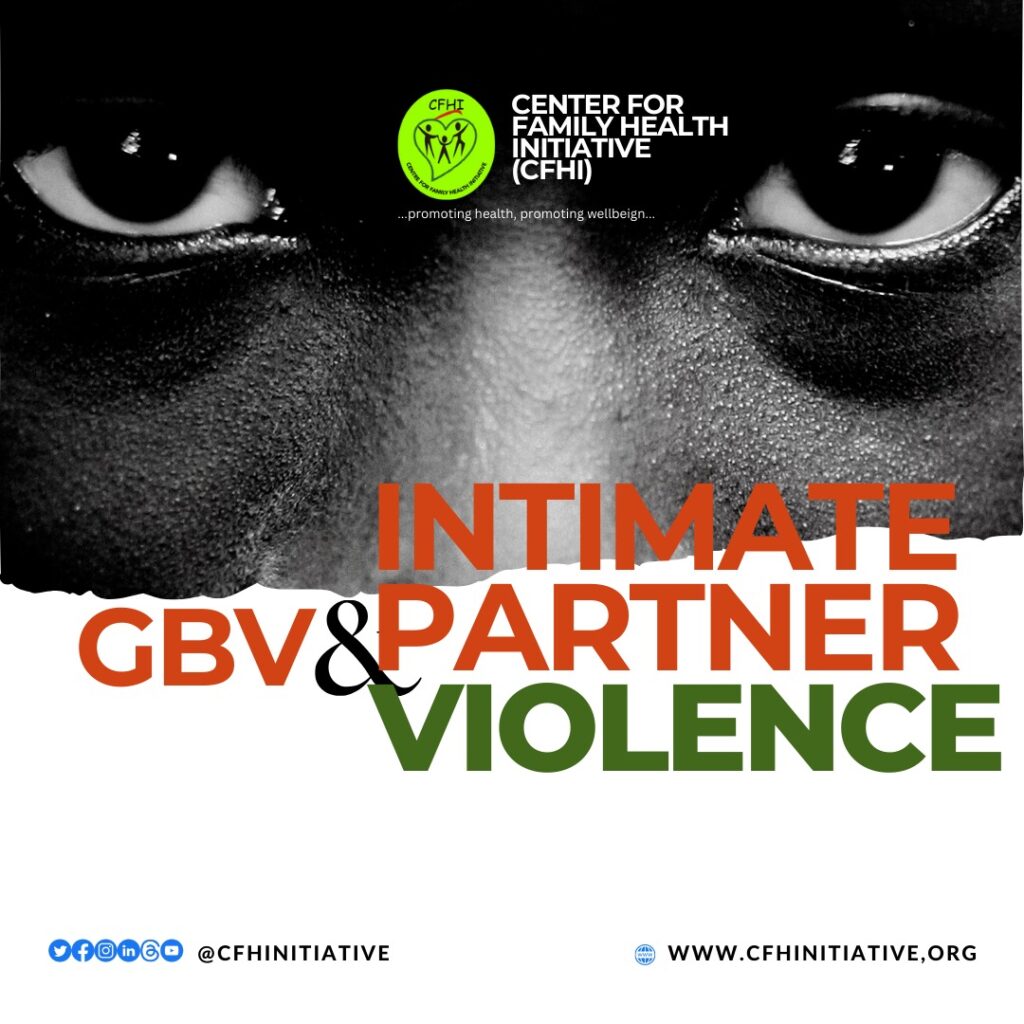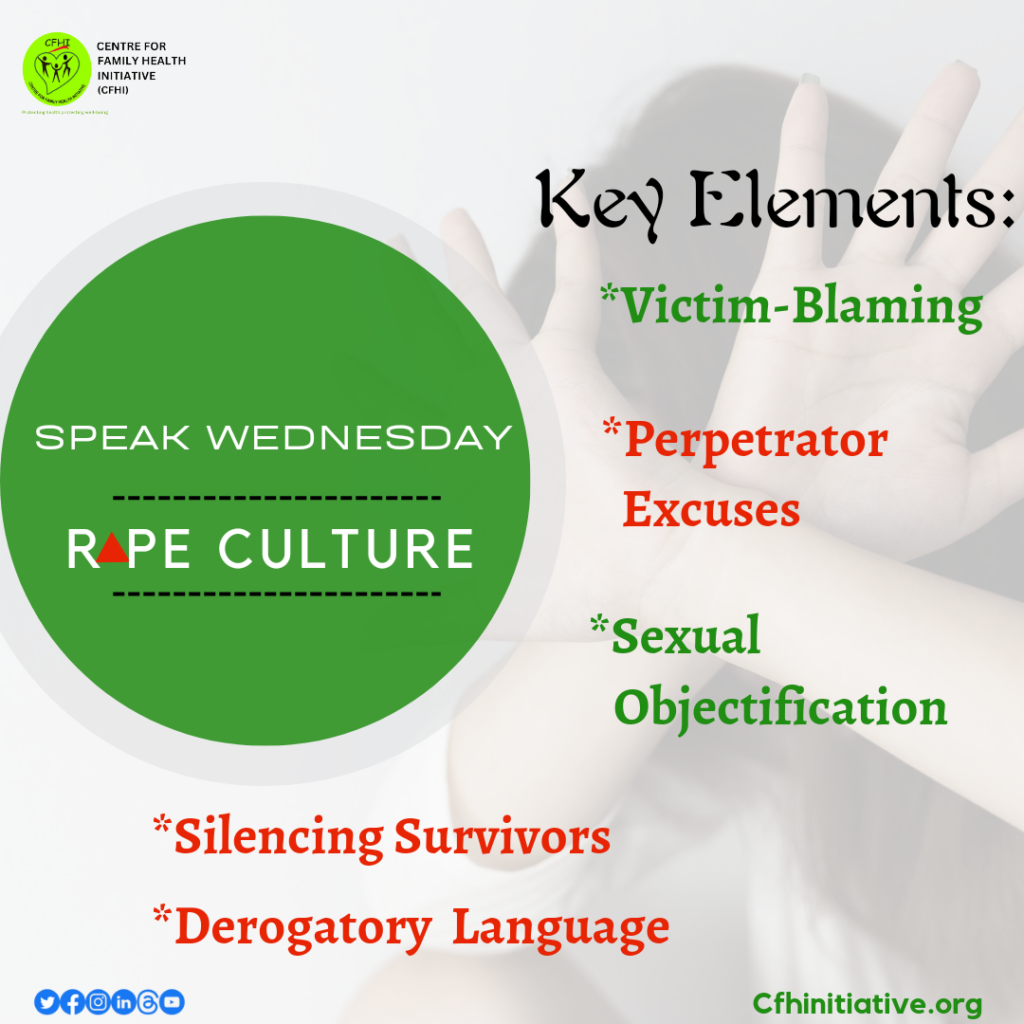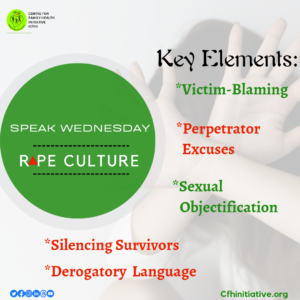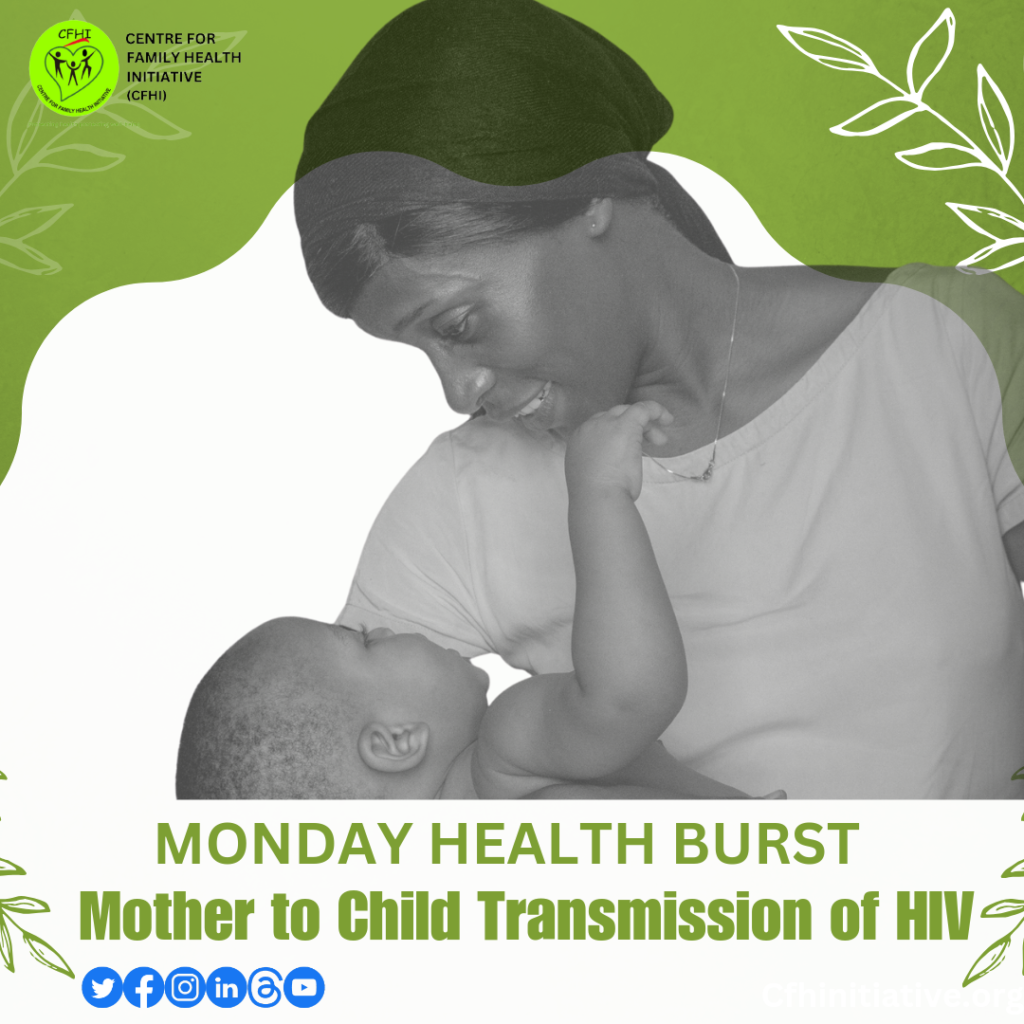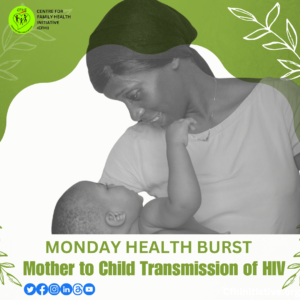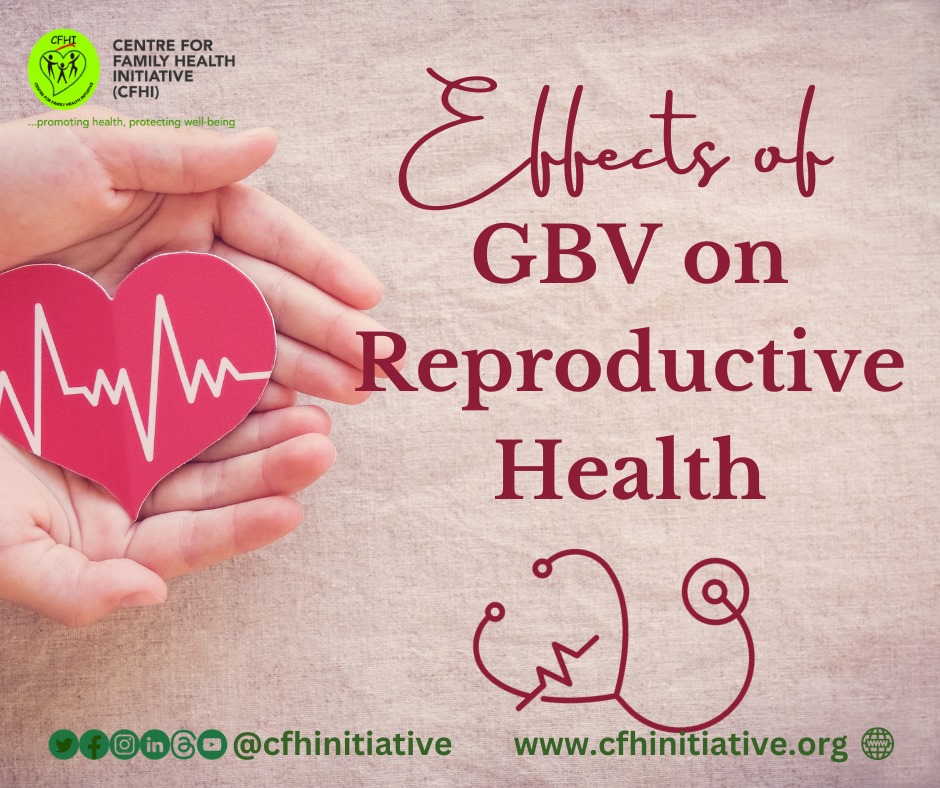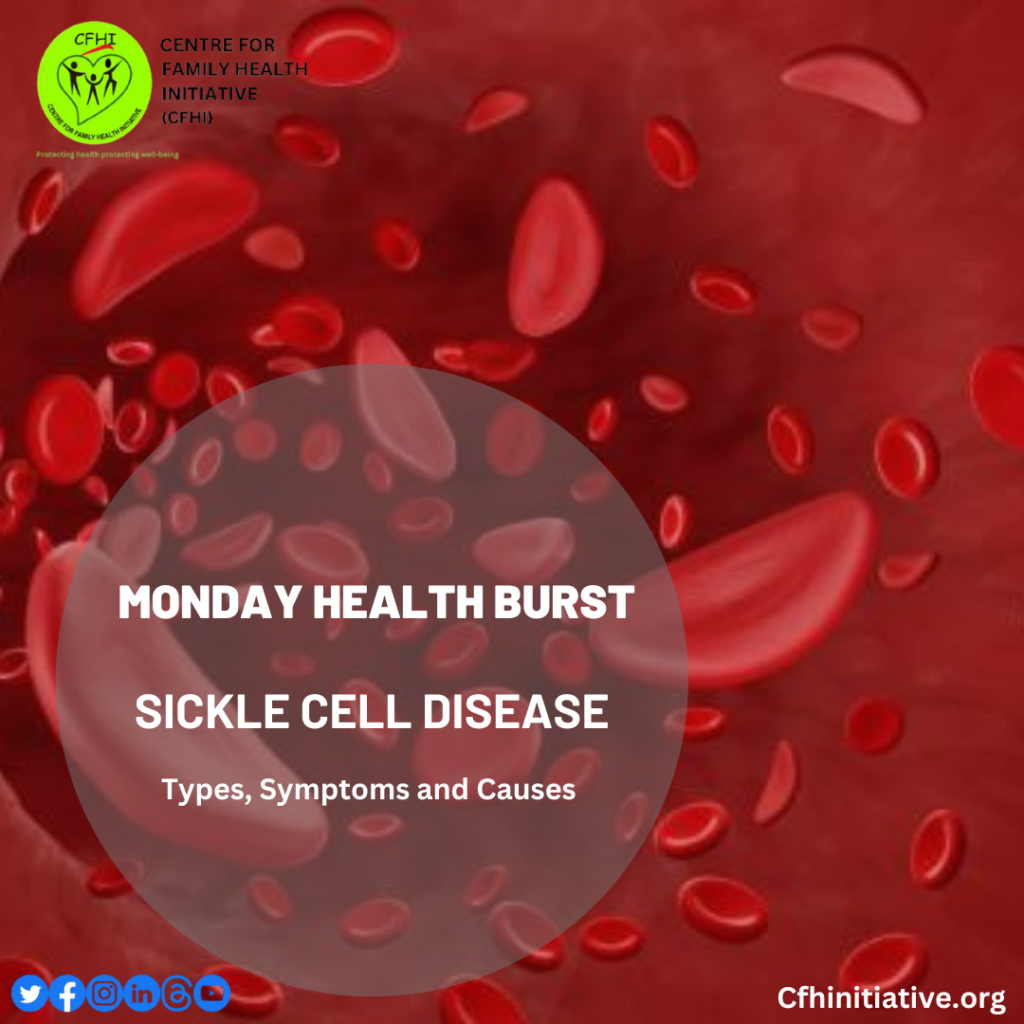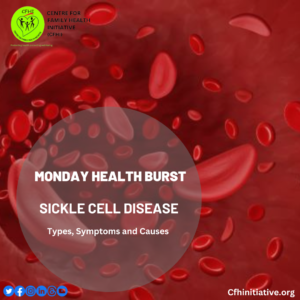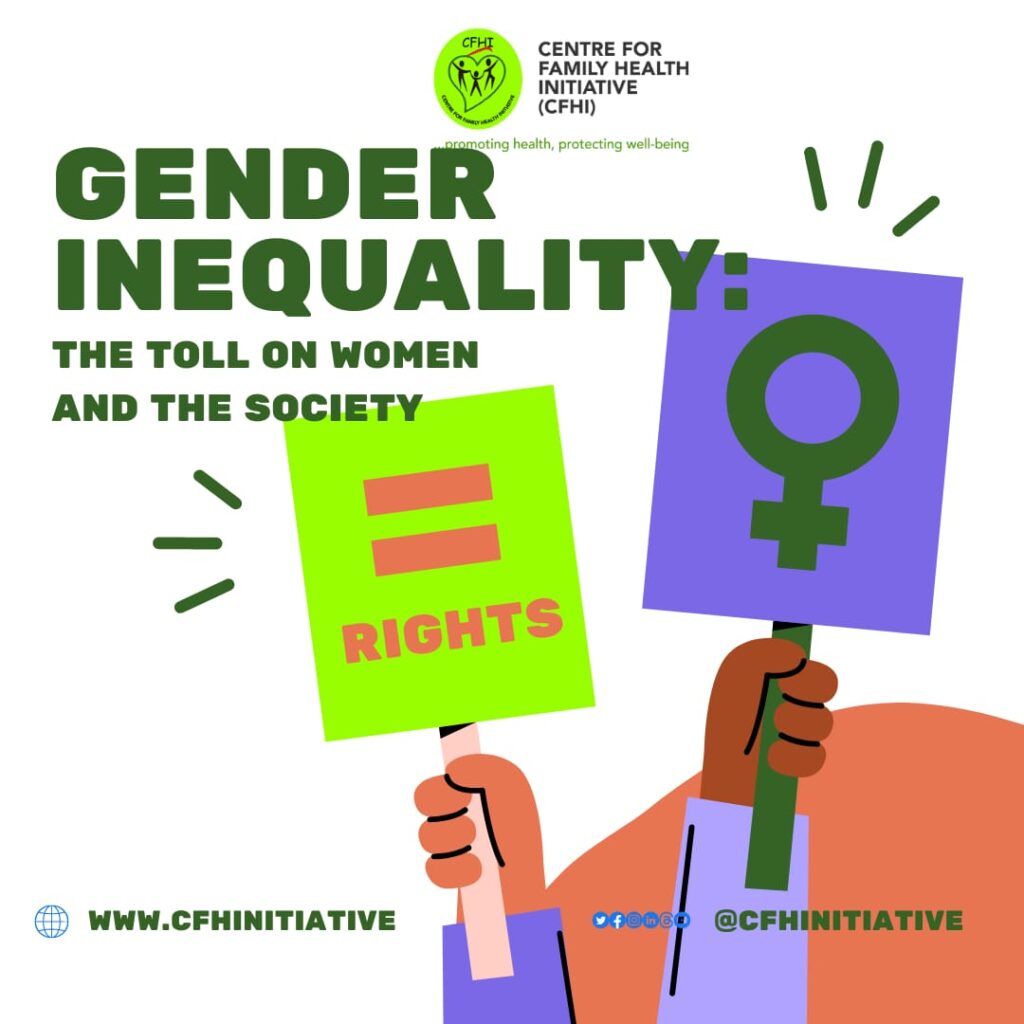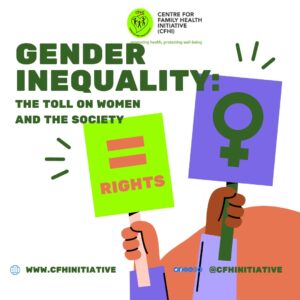SPEAK WEDNESDAY ON GBV AND INTIMATE PARTNER VIOLENCE (IPV)
In the shadows of many households worldwide, a silent but pervasive threat looms large: Gender-Based Violence (GBV), particularly in the form of Intimate Partner Violence (IPV). GBV is a deeply concerning issue that affects individuals regardless of age, race, or socioeconomic background, but IPV specifically targets intimate relationships. It’s crucial to shed light on this issue, raise awareness, and work collectively to eradicate it from our society.
IPV refers to any behavior within an intimate relationship that causes physical, psychological, or sexual harm to a partner. It encompasses acts of physical violence, emotional abuse, coercive control, and sexual assault. IPV knows no boundaries; it affects people of all genders and sexual orientations.
One of the most alarming aspects of IPV is its hidden nature. Victims often suffer in silence, fearing stigma, retaliation, or a lack of support. This silence can perpetuate the cycle of abuse, making it crucial to create an environment where survivors feel safe to come forward and seek help.
The consequences of IPV are profound. Beyond physical injuries, survivors often grapple with long-term mental health issues, such as depression, anxiety, and post-traumatic stress disorder. The trauma experienced can affect not only the survivor but also children who witness the abuse, perpetuating a cycle of violence.
Breaking the cycle of IPV requires a multi-faceted approach. It begins with education and awareness. We must teach individuals about healthy relationships, consent, and the signs of abuse. Providing safe spaces and resources for survivors to seek help is equally crucial. Support from friends, family, and professionals can empower survivors to leave abusive relationships and heal.
Laws and policies that protect survivors and hold perpetrators accountable play a vital role in combatting IPV. Advocacy groups and organizations work tirelessly to raise awareness, push for legal reforms, and provide resources for survivors. Supporting these initiatives and being an ally to survivors is essential in the fight against IPV.
Intimate Partner Violence is a grave concern that affects countless lives. It thrives in silence and secrecy, making it our collective responsibility to break that silence, support survivors, and work toward a world where love and respect flourish in all relationships. By understanding the dynamics of IPV, raising awareness, and advocating for change, we can strive to eliminate this hidden epidemic and ensure that everyone can live free from the fear of violence in their most intimate relationships.
Speak Wednesday is an initiative of CFHI to address issues around gender-based violence and gender bias.
#SpeakWednesday #GenderEquality #GenderDiscrimination #RapeCulture
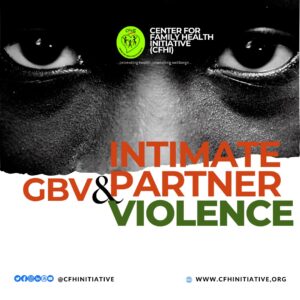
SPEAK WEDNESDAY ON GBV AND INTIMATE PARTNER VIOLENCE (IPV) Read More »

